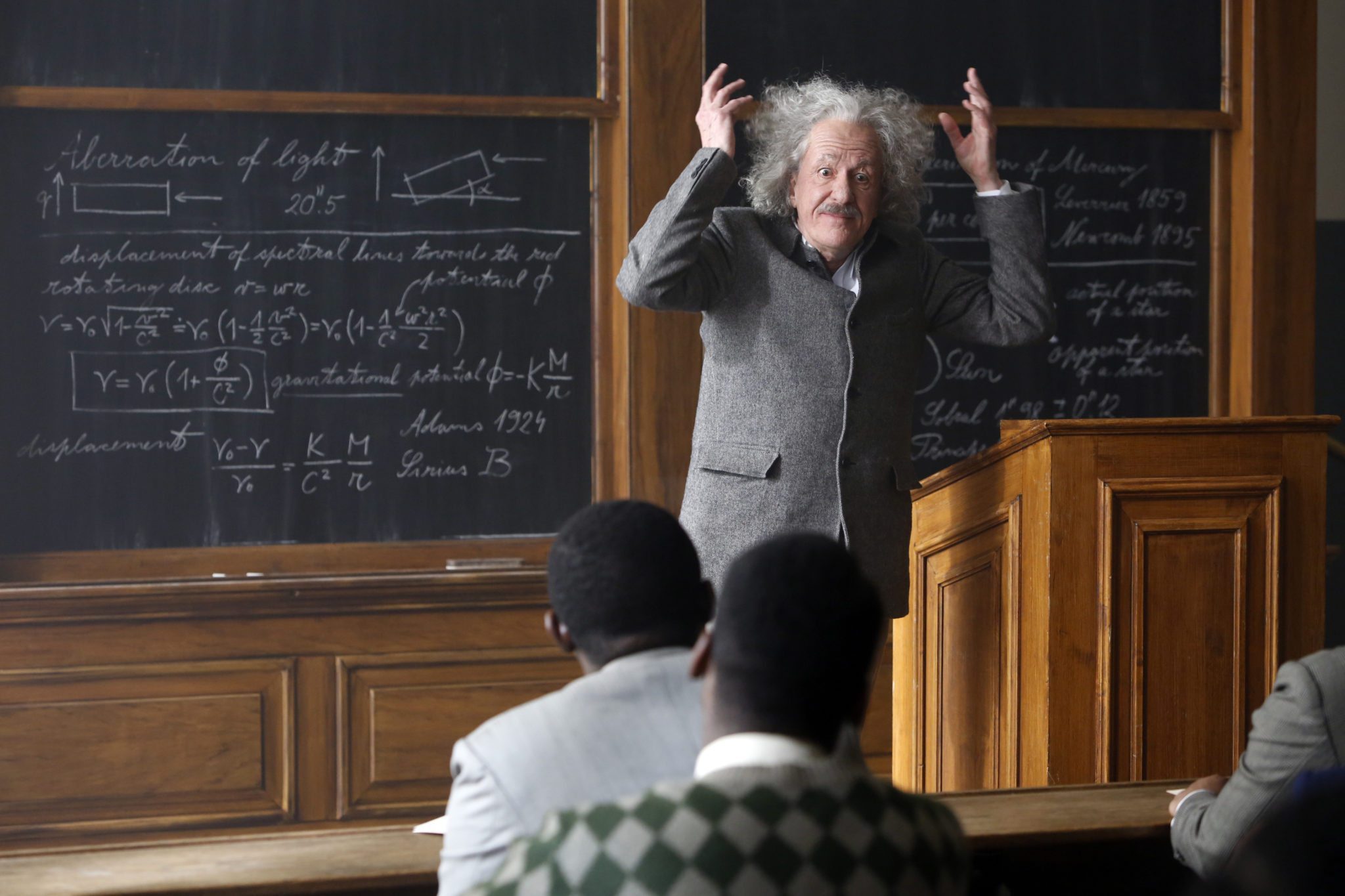
Genius Finale — Bringing Back the Joy
In the two-hour conclusion, Albert Einstein has moved to the US and is a professor at Princeton University. But the events of the world have seemed to conspire against him.

In the two-hour conclusion, Albert Einstein has moved to the US and is a professor at Princeton University. But the events of the world have seemed to conspire against him.

[Note 1: The following includes mild, implicit?spoilers.?Note 2:?This?is not an in-depth review?of The Witness?and assumes?some prior knowledge?of and interest in the game. For an excellent, straight?piece that describes the game’s?mechanics, contextualizes,?etc., please see Jonathan Clauson’s article at Christ & Pop Culture?here.] dots and lines intersect in the trees, asking: just what is the?meaning of these?…